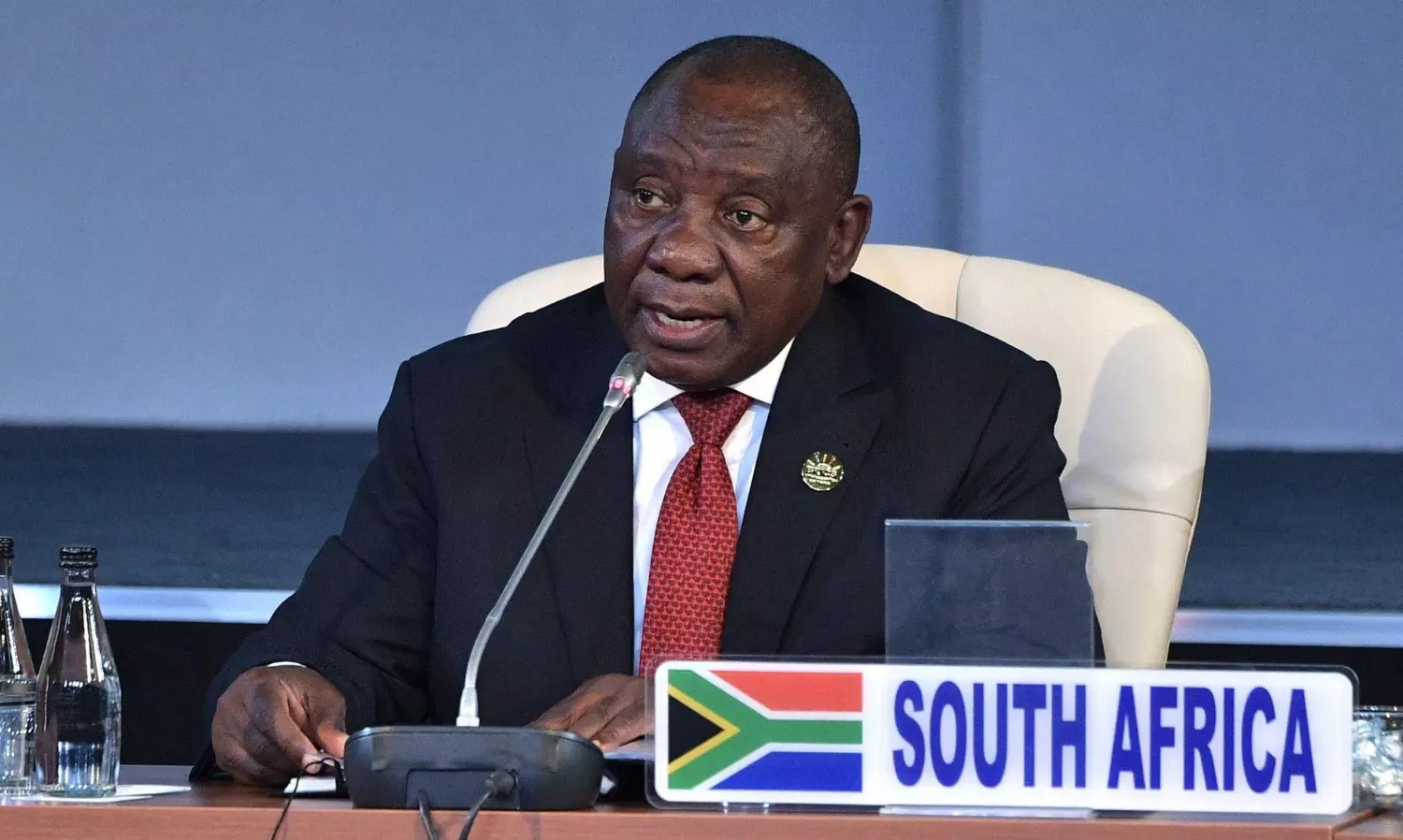Transnet to remain in public ownership; SA President clarifies
President Ramaphosa committed to put in place a roadmap for the freight logistics system in order to improve the performance of South Africa’s ports and rail network and drive economic growth.

The South African president Cyril Ramaphosa issued a clarification after media reports based on a leaked draft version of the Freight Logistics Roadmap claimed that the president seeks to place the rail, port and pipeline company Transnet under private control.
“Inaccurate media reports have created the impression that the presidency seeks to place Transnet under private control. This is not the case. South Africa’s port and rail infrastructure are strategic national assets, and government has taken a clear stance that they will remain in public ownership,” reads the release.
In SONA 2023 (State of the Nation Address), President Ramaphosa committed to put in place a roadmap for the freight logistics system in order to improve the performance of South Africa’s ports and rail network and drive economic growth.
Work is underway between the Presidency, the Department of Transport, the Department of Public Enterprises, and the National Treasury to finalise the roadmap, which will follow established processes for stakeholder consultation and deliberation and decision-making by the Cabinet.
The National Logistics Crisis Committee (NLCC) has been established to address the immediate challenges in the freight logistics system which have severely constrained exports and undermined investment and job creation in affected sectors.
The NLCC is overseeing a range of interventions to achieve this objective, including upgrading equipment and infrastructure, improving operational performance, increasing the availability of rolling stock, and securing the rail network.
Government is actively leading this effort in all identified priority areas, in collaboration with business and social partners, where appropriate.
In the long term, government is reforming South Africa’s logistics system to enhance efficiency and competition and enable private investment.
These reforms are outlined in the National Rail Policy and other Cabinet-approved policy documents and will result in massive new investment to revitalise South Africa’s logistics system.
“In this regard, private sector participation does not equate to the privatisation of public assets, nor does it diminish the role of the state in ensuring a reliable, efficient, and world-class logistics system,” it also reads.


